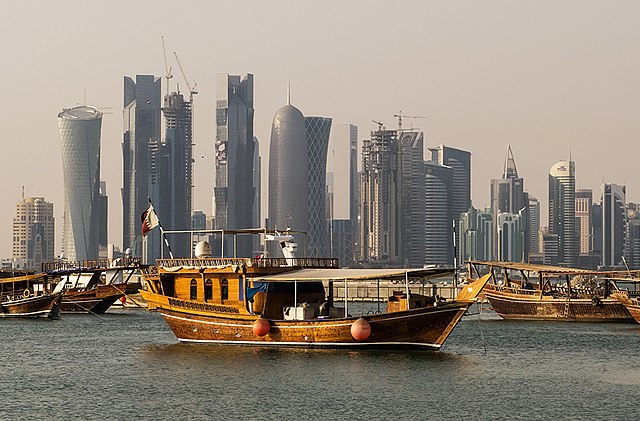GOOD or not-so-good, Qatar is close to unrecognisable from the country it was 12 years ago when it won its historic bid to host the 2022 World Cup.
Around US$220 billion has been pumped into building an entirely new city, a state-of-the-art metro system and hundreds of new hotel and apartment buildings.
Like previous countries to host major events, Qatar has been under the critical eyes of the international community. At the same time, its own people have been exposed to international ideals as well as shifting cultural and societal norms as they got set for the influx of over a million football fans to their tiny country.
HUGE IMPACT
“Qatar changed a lot in the past 12 years and, culturally speaking, this has made a huge impact,” Qatari football fan Ali Adnan Abel told the global channelCNN. “We have seen more diversity that has made Qataris realise it’s time to let the shields down.”
In hosting the World Cup, the first in the Middle East, Qatar has been under intense pressure to enact legal changes.
For example, they dismantled the controversial Kafala system, a long-established regional labour practice that gives companies and the minority citizen population control over migrant workers’ employment, movement, and immigration status.
“What we’ve seen in this case is, certainly there was no attention whatsoever internationally or even on a national level to the treatment of migrant workers in Qatar and that certainly did change after Qatar won the ability to host the World Cup,” James Lynch, director of the human rights group FairSquare and a former British diplomat in Doha, was quoted as saying.
REFORMS TO CONTINUE?
But the big questions remain as to whether the reforms will stick once the tournament is over and the world’s gaze shifts away from the Gulf nation.
The Qatari organisers of the event insist those changes are here to stay.
However, history shows that it is uncommon for large sporting events like the World Cup or the Olympics to be long-term catalysts for societal change.
Russia infamously hosted the World Cup in 2018 and sought to project an image of tolerance by allowing fans to carry rainbow flags despite a yearslong crackdown on the LGBTQ community.
Will Qatar be on the new road for the changes?
* Suresh Nair is an award-winning sports journalist who is also a qualified international coach and international referee instructor.
Here are more stories related to the FIFA World Cup.

